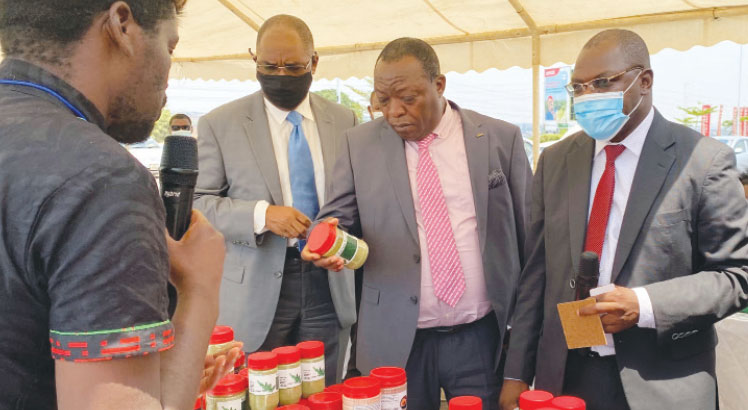Trade deficit hit $1.6 trillion in 2023
The year 2023 closed with a trade deficit of about $1.6 billion (about K2.7 trillion) as the country’s export earning failed to keep up with its rising import bill, information from the Reserve Bank shows.
Data from the Reserve Bank of Malawi (RBM) published in the latest Financial and Economic Review published last month shows that total exports at the end of the third-quarter of 2023 totalled $663 million (K1.127 trillion) while imports stood at $2.3 billion (about K3.91 trillion).
The deficit was marginally higher than the $1.5 million (about K2.5 trillion) recorded at the corresponding period in the previous year, representing a deterioration of about $117 million (about K198.9 billion) or 7.5 percent.

The degrowing trade deficit exerted a lot of pressure on the country’s foreign exchange reserves, with gross official reserves—the amount of forex under the direct control of the central bank—hovering between $321.53 million (1.29 months of import cover) and $194.83 (0.7 months of import cover).
Reacting to the developments, Malawi Investment and Trade Centre (Mitc) chief executive officer Paul Kwengwere cautioned that if left unchecked, the perennial deficits could worsen the country’s current account deficits and pile pressure on the kwacha.
He said in a WhatsApp response: “In the medium to long-term, the borrowing will affect the development of the country due to the debt repayment burden [the position the country is currently in].”
To rectify the problem, Kwengwere, whose organisation is mandated to provide policy direction on trade facilitation, said the country should focus on improving the current and capital account positions by increasing exports while simultaneously reducing imports.
He said: “This would take many forms including, effective exchange rate management to ensure our currency is not overvalued, in which case imports would be cheaper relative to our exports.
“But, most importantly, there is a need to pour more resources into trade promotion and facilitation, which can catalyse identification and penetration of new export markets for our export products.”
In a separate interview, Mzuzu University agricultural economist Christopher Mbukwa cautioned that the increased negative trade balance, coupled with lower forex inflows, would lead to the depreciation of the kwacha and induce inflationary pressures from increased prices of imports.
True to the analysts’ concerns, the kwacha continued to depreciate and the country experienced acute forex shortages for extended periods until the central bank devalued the local unit and clinched an Extended Credit Facility with the International Monetary Fund (IMF). The ECF programme eased the pressure on the kwacha and provided some temporary relief against the negative fallout from the trade balances.





